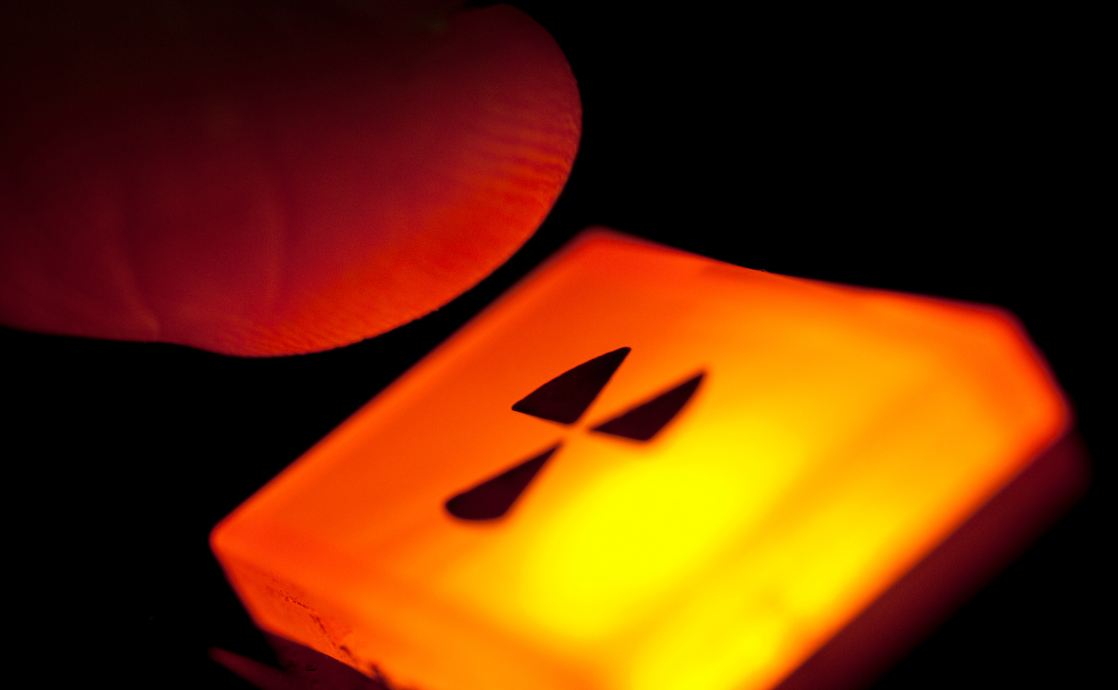The escalating peril posed by nuclear armament is a pressing quandary that beckons urgent rectification. In the spirit of Bahá’í teachings, which advocate for the unity and sanctity of humanity, the imperative to eliminate nuclear weapons resonates profoundly with the core principles of this faith. One may ponder: What would the world resemble if nuclear weapons were eradicated? Or perhaps, why should we prioritize their abolition in the immediate present rather than defer action for a nebulous future? This discourse traverses the intricate interplay between Bahá’í principles and the pressing need for nuclear disarmament.
At the heart of Bahá’í ideology lies the belief in the oneness of humanity. This foundational tenet asserts that every person, irrespective of nationality, creed, or ethnicity, shares a collective destiny. The existence of nuclear weapons contradicts this principle, sowing seeds of division and dread among nations and cultures. The mere existence of these devastating armaments engenders a climate of mistrust, inhibiting collaborative efforts for global peace and prosperity.
The Bahá’í teachings elucidate that the potential for unity lies in the recognition of our shared humanity. The specter of nuclear annihilation looms large, compelling nations to stockpile weapons as a deterrent. Yet, this approach cultivates a toxic cycle of fear and hostility. Instead, the Bahá’í vision advocates for a paradigm of mutual understanding and collective security, emphasizing diplomacy and dialogue as tools for resolving conflicts. The question then arises: Could the cessation of nuclear proliferation catalyze a new era of global cooperation?
Moreover, the Bahá’í perspective encourages individuals and communities to take proactive stances toward societal challenges. The call to eliminate nuclear weapons is not solely a governmental responsibility; it is a collective moral obligation for every human being. As stewards of the Earth, Bahá’ís are urged to galvanize their communities to advocate for nuclear disarmament, fostering dialogue and education around the implications of nuclear weapons. Engaging with local organizations and conducting awareness campaigns could serve as a compelling impetus for change.
The detrimental impact of nuclear arms extends beyond the immediate threat of warfare; it permeates the very fabric of society. The resources allocated to the maintenance and development of nuclear arsenals could instead be invested into sustainable development, education, and healthcare. The Bahá’í teachings underscore the importance of channeling our energies toward profound and constructive ends that benefit humanity as a whole. By abolishing nuclear weapons, societies can redirect their focus towards addressing pressing global issues such as poverty, climate change, and social inequality.
Critics may assert that unilateral disarmament is naïve in a world rife with geopolitical tensions. The dilemma of whether to act now or defer disarmament presents an intricate challenge. However, the Bahá’í teachings implore followers to envision a future defined not by arms, but by reconciliation. The notion of disarmament must be intricately linked to the establishment of robust international norms and trust-building measures. In this light, a phased approach to disarmament, encompassing transparency and reciprocity, could facilitate a gradual and sustainable transition towards a nuclear-free world.
Integrating teachings of non-violence and peace into educational curricula is a profound avenue through which the principles of disarmament can be disseminated. Educational systems play a pivotal role in shaping values and beliefs. By embedding the importance of peace, dialogue, and the consequences of nuclear warfare into the educational narrative, future generations may cultivate an inherently disfavoring stance toward nuclear proliferation. The Bahá’í emphasis on education as a catalyst for social change reinforces the transformative power of informed citizens in the quest for disarmament.
Furthermore, the Bahá’í community is called upon to actively engage with global initiatives aimed at nuclear disarmament. The efforts of organizations like the International Campaign to Abolish Nuclear Weapons (ICAN) exemplify the grassroots movements that are vital for driving political change. By participating in these initiatives, Bahá’í individuals can exemplify their commitment to the principles of their faith and influence broader societal awareness and activism.
Ultimately, the challenge of eliminating nuclear weapons transcends political will; it is a moral and ethical imperative that necessitates immediate action. The teachings of Bahá’u’lláh urge humanity to transcend parochial loyalties and embrace a holistic vision of interdependence. In acknowledging the shared fate of mankind, we are impelled to confront the existential threats posed by nuclear weapons with an unwavering commitment to disarmament.
The road ahead will undoubtedly be fraught with challenges. However, the Bahá’í teachings illuminate a path rooted in hope, collaboration, and collective responsibility. The call for the abolition of nuclear weapons can serve as a rallying cry for individuals and nations alike, galvanizing a global movement toward peace. Shall we, then, rise to the occasion and heed the timeless admonition to eliminate nuclear weapons—not later, but now?
